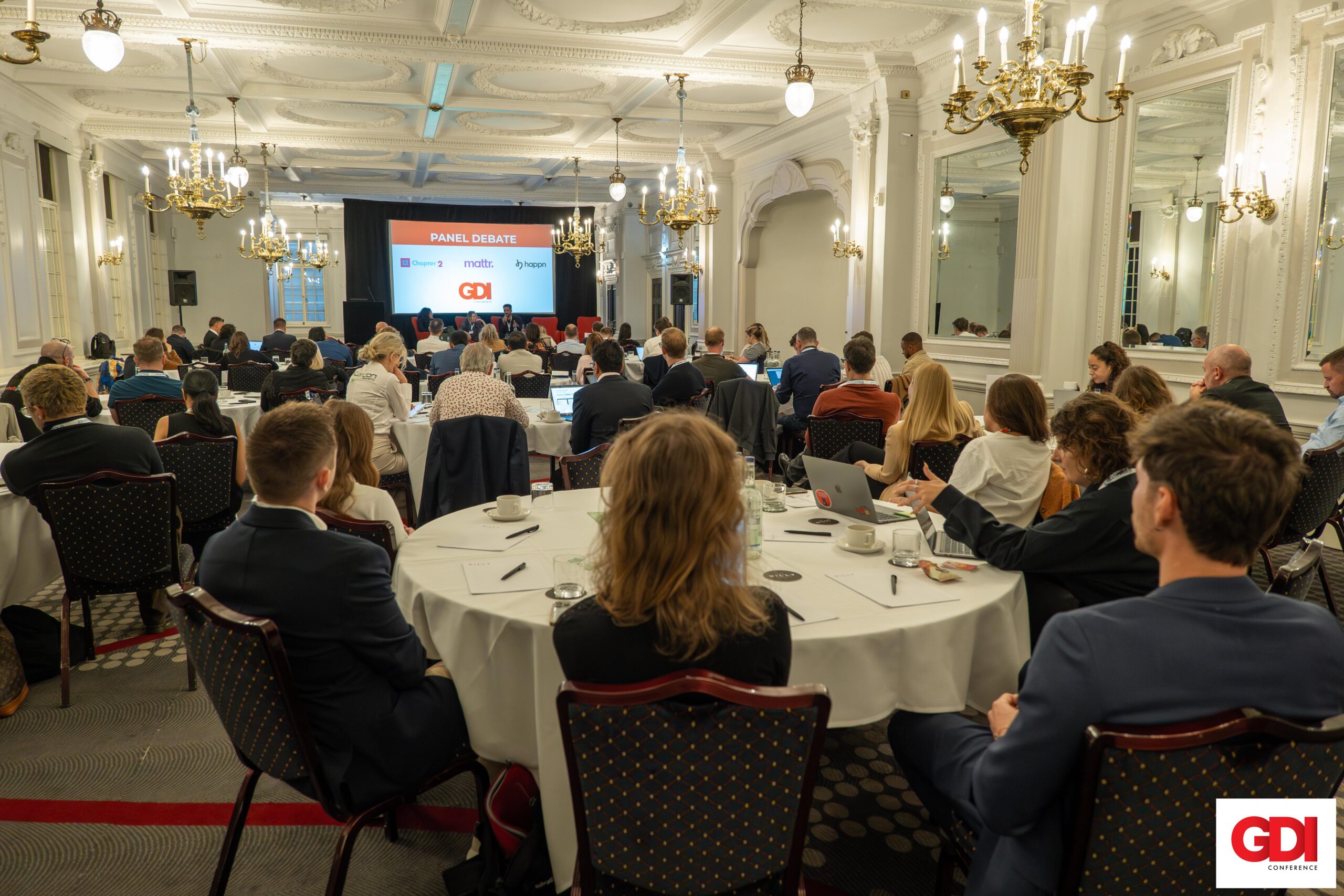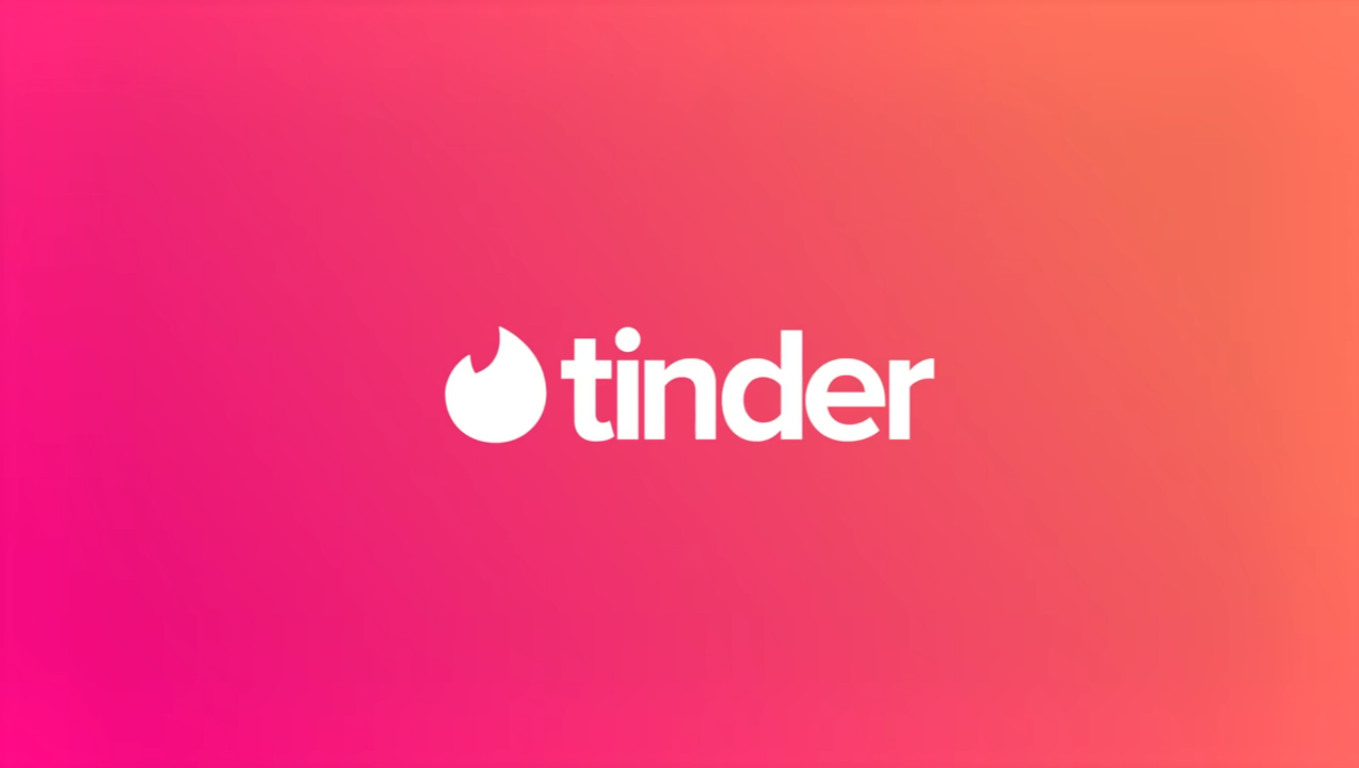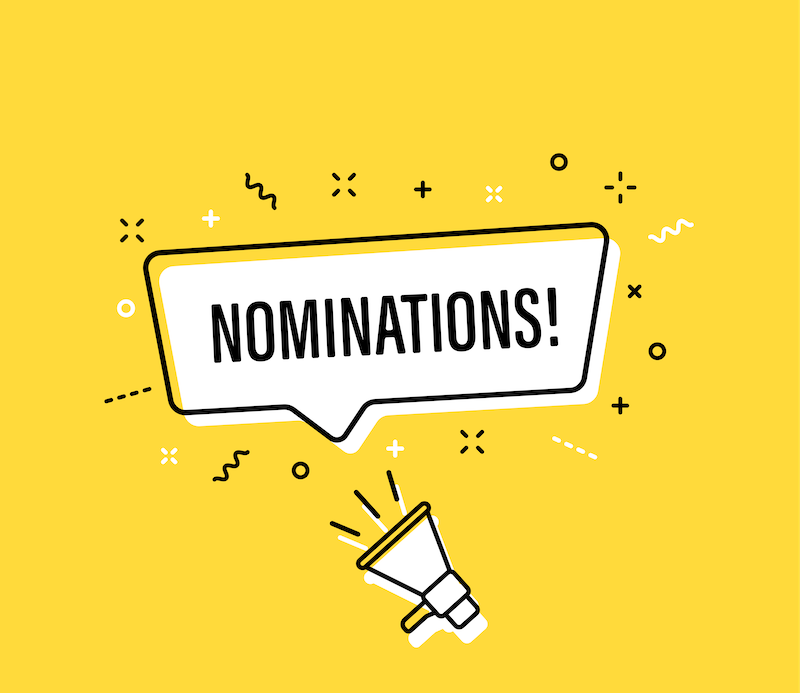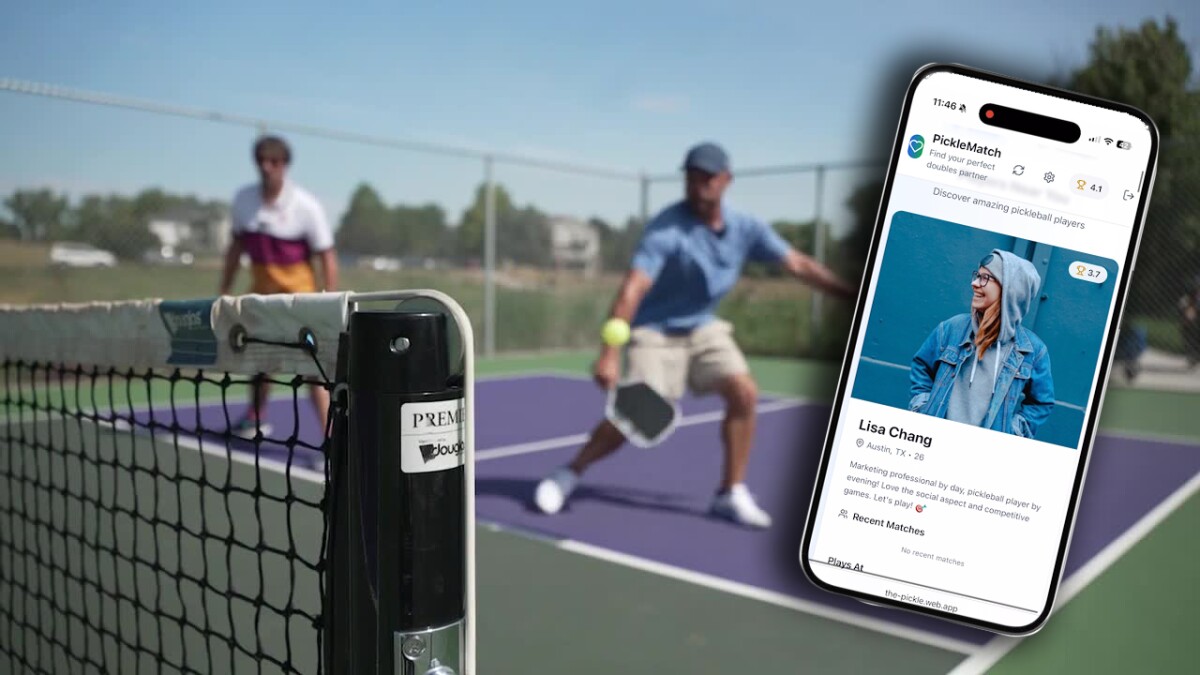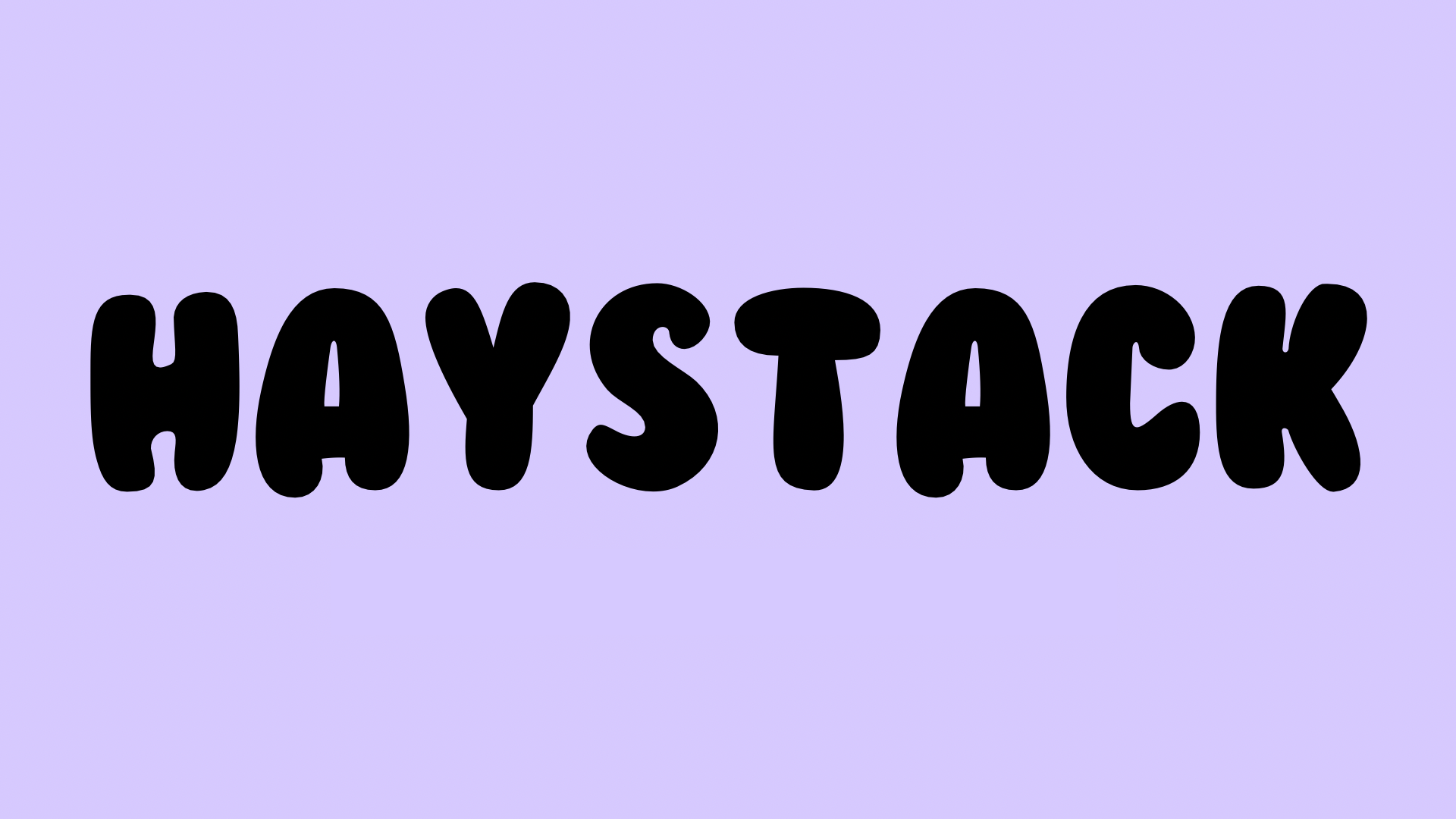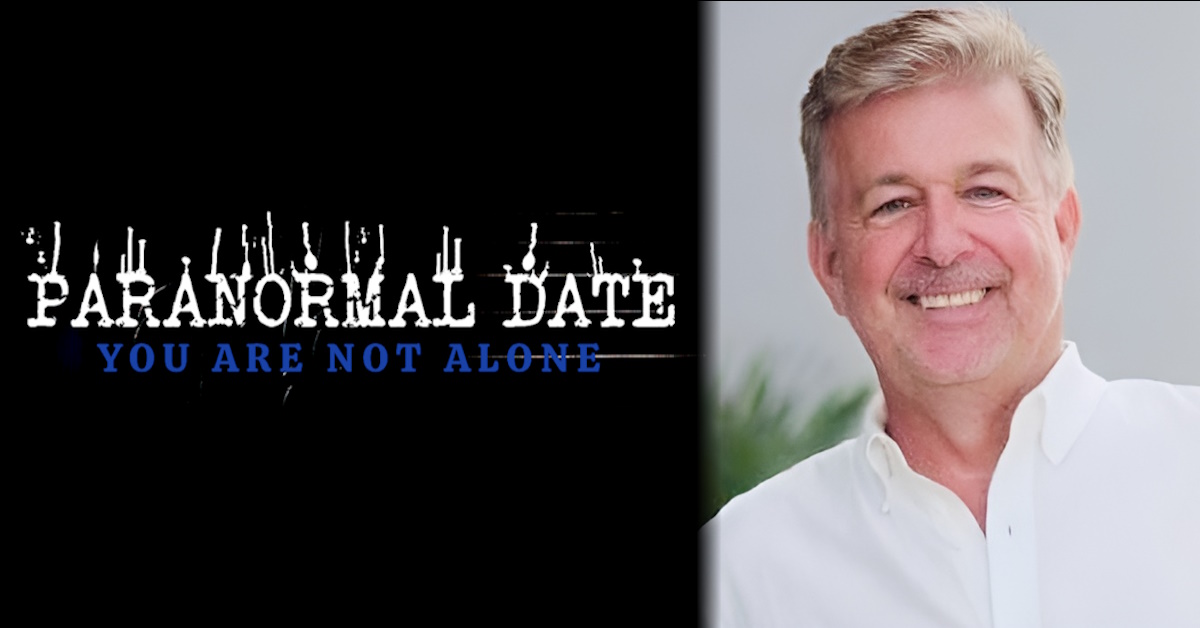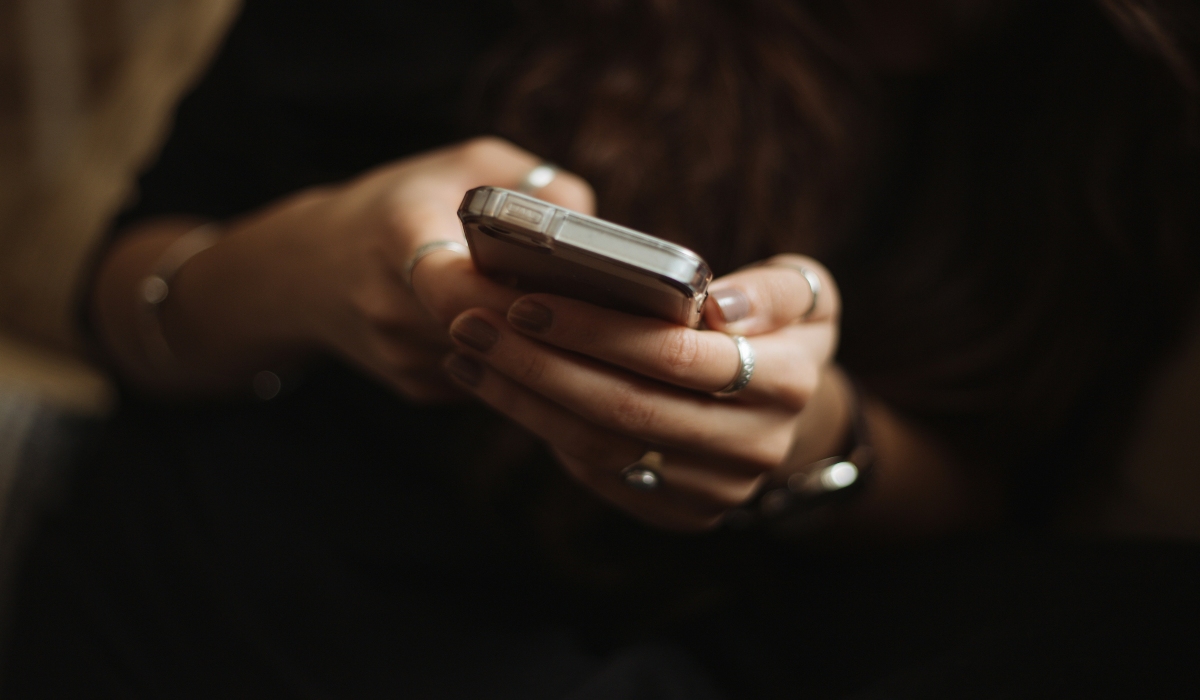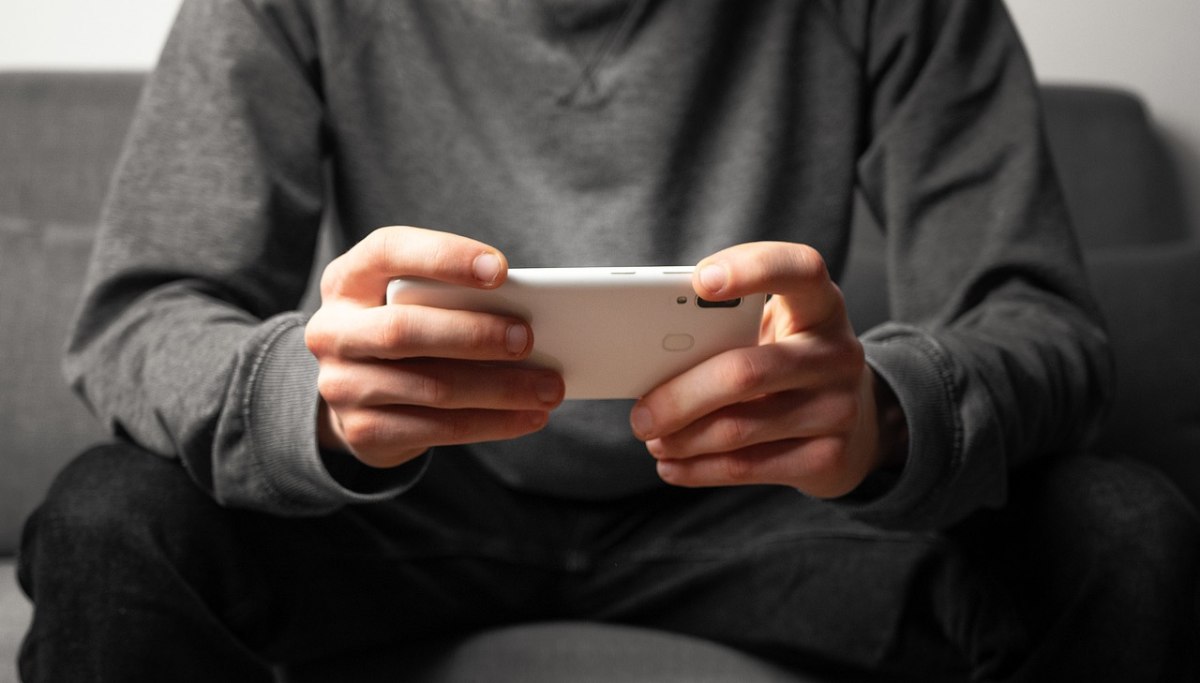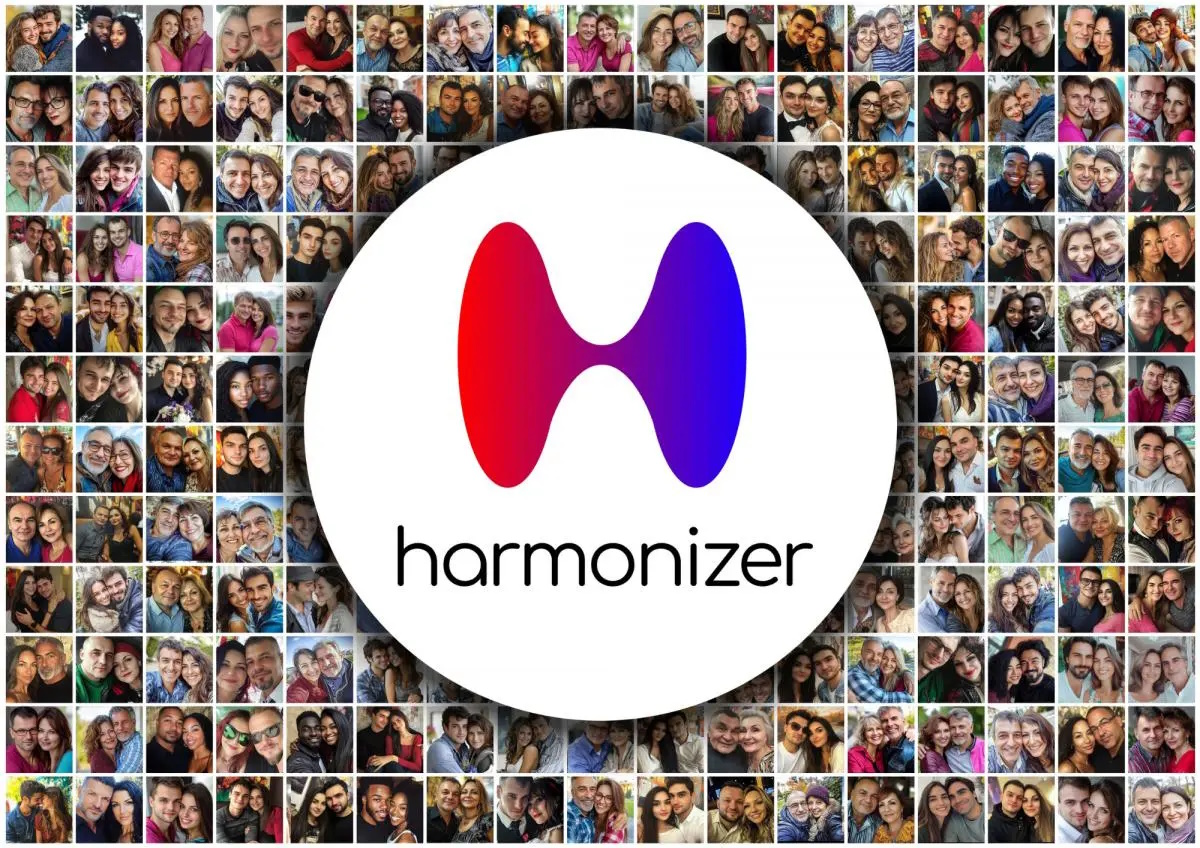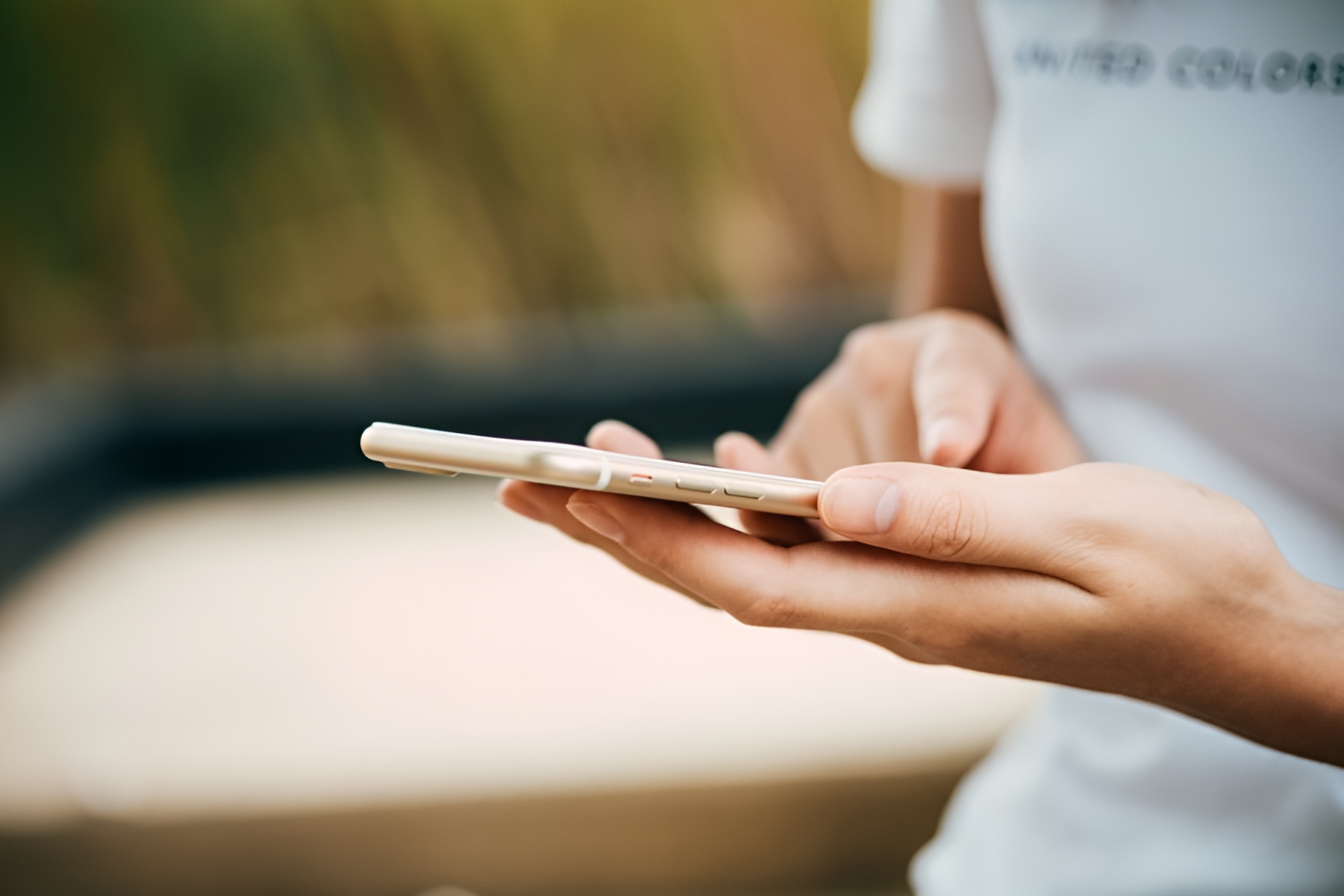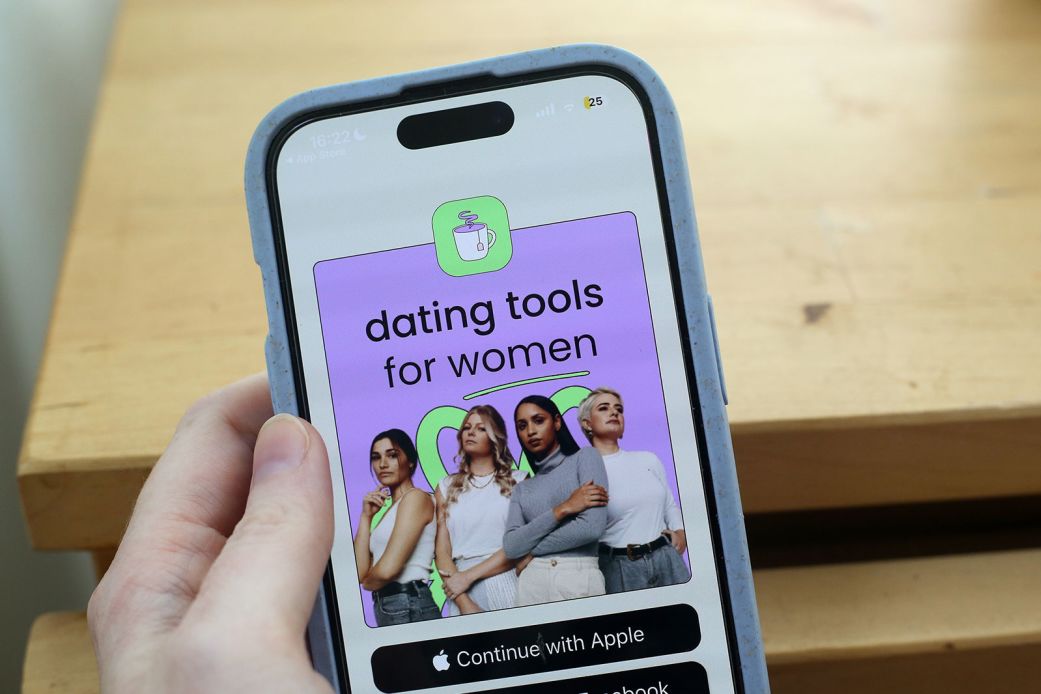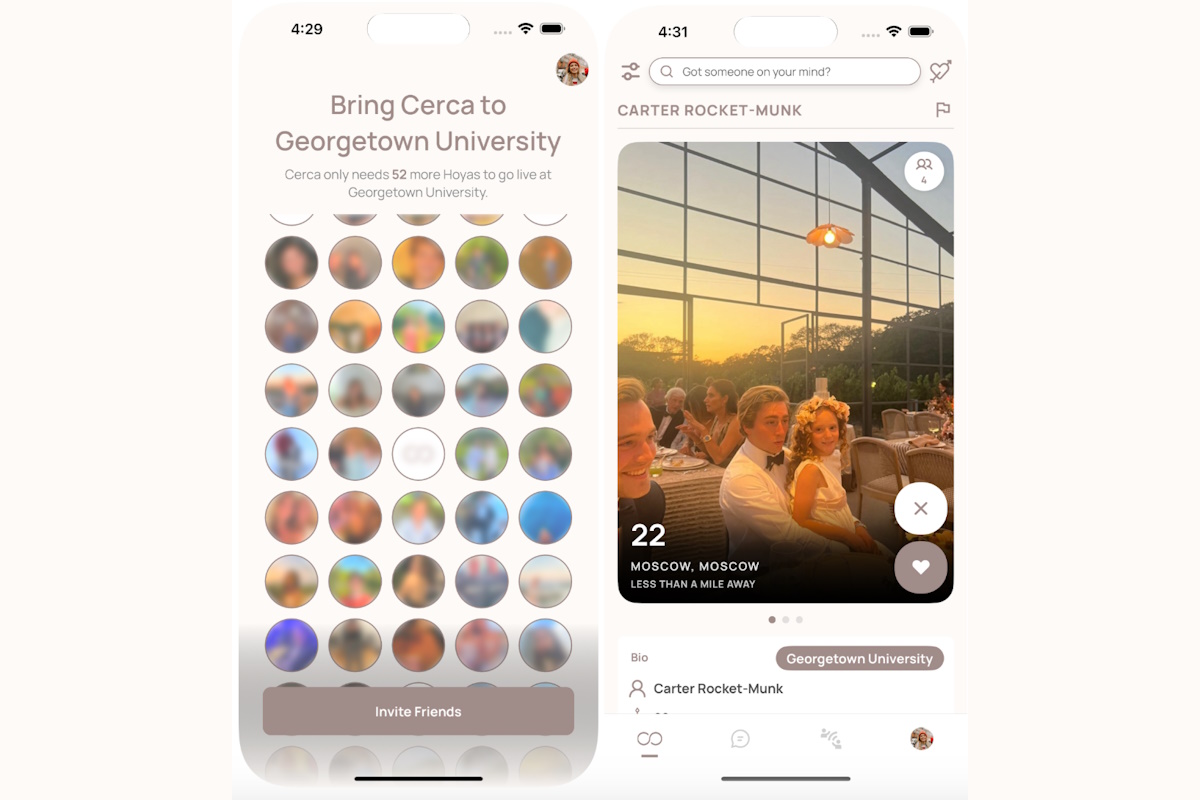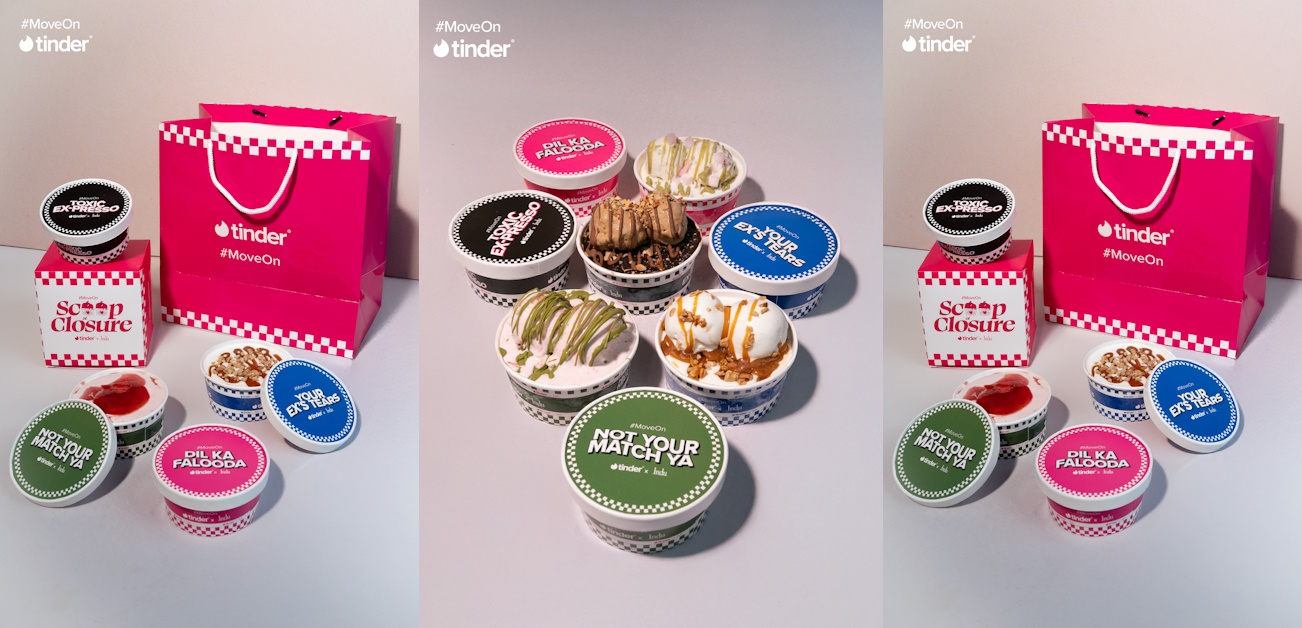A recent study from Northwestern Medicine has found that nearly one in four adolescents New York City and Chicago used dating apps over a six-month period – higher than anticipated rates from earlier reports. Crucially, the research did not find lasting differences in mental health outcomes between **** users and non-users, challenging fears about **** mental health and app use.
Researchers tracked 149 participants using a passive smartphone app that recorded keyboard activity, identifying usage of Tinder, Yubo, Hinge, Bumble, and Pdbee. Teens who used dating apps did have elevated rates of risky behaviors – such as rule-breaking and substance use – at the study’s outset, but follow-up surveys showed depressive symptoms and social anxiety remained similar between both groups after six months.
Lilian Li, a postdoctoral fellow and lead author, said, “Perhaps parents don’t need to immediately panic when they see their ****s using dating apps. What’s more important is for parents to have a conversation with their kids about why they are using these apps in the first place”. The findings suggest dating apps may also serve important social functions, particularly for ****s identifying as sexual or gender minorities.
This study distinguishes itself by using objective usage data rather than relying on participant self-reports—an approach that yields more accurate insights into **** engagement patterns. While short-term associations with behavioral risks are noted, no causal mental health consequences were observed within the study period.
